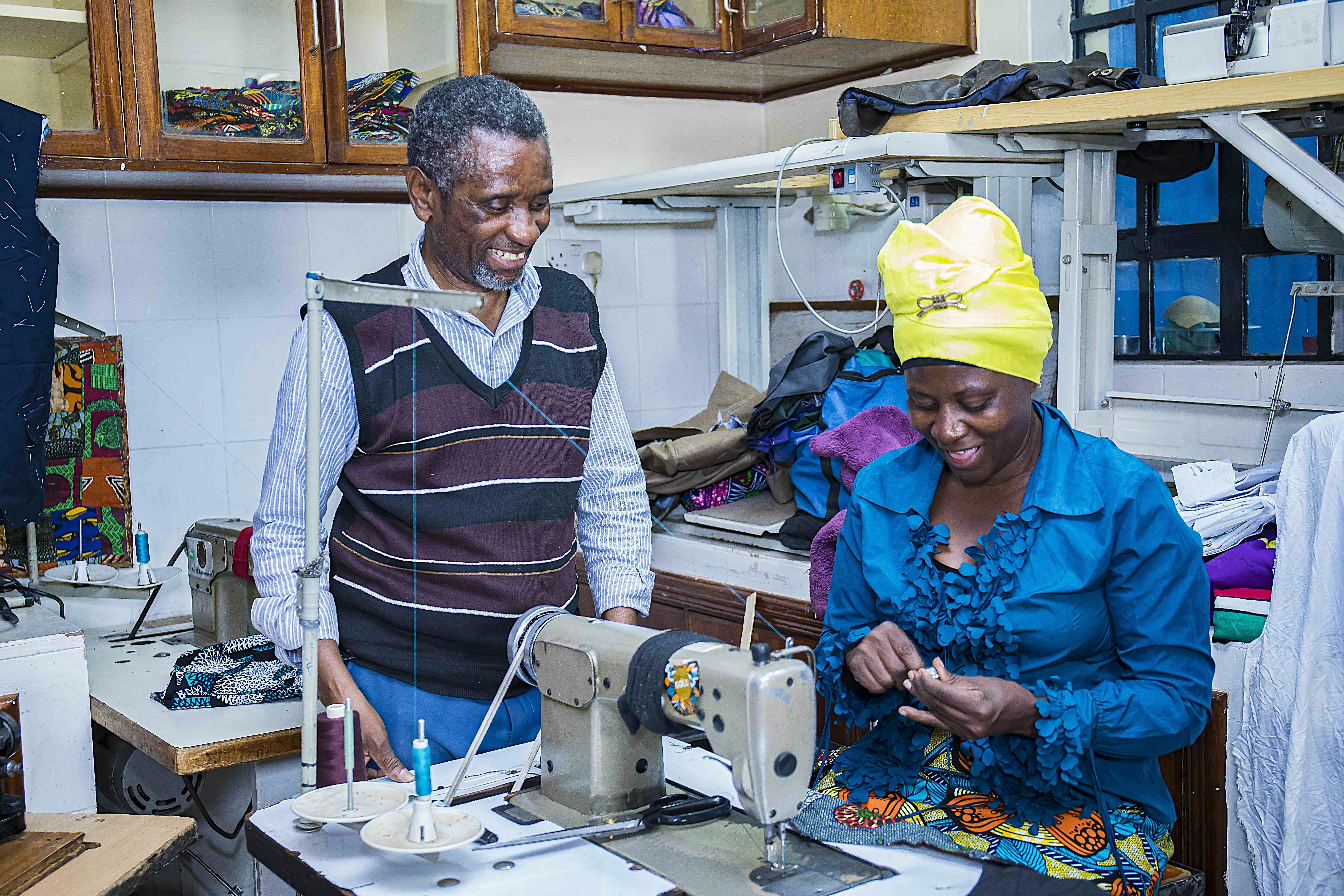Bringing Skills to Light: Ethiopia Advances Inclusive Certification through Recognition of Prior Learning
Written By Maxine Ansah
Adama, Ethiopia- In a decisive move toward a fairer, more inclusive skills certification system, Ethiopia is equipping Certification of Competency (CoC) officials from across its 14 regional states to implement Recognition of Prior Learning (RPL). Backed by the International Labour Organization (ILO) through its Global Skills Programme, and in close partnership with Ethiopia’s Ministry of Labor and Skills, this national initiative is transforming how the country validates skills acquired outside formal education.
Over three days in Adama, more than 40 CoC officials participated in an intensive capacity-building workshop focused on RPL a process that formally recognizes skills gained through informal work, community practices, or self-directed learning. Participants were introduced to international best practices, engaged in peer learning exercises, and developed regional action plans to adapt RPL frameworks to local contexts.
“For years, valuable skills learned informally went unrecognized in Ethiopia,” said Tesfaye Yeshiwas, Director General of the Amhara CoC Agency. “This training has shown us a different way one that validates real-world experience and gives people the credentials they need to move forward.”
Recognition Rooted in Equity and Practicality
The significance of this initiative lies not only in technical training but also in the broader push for equity. Millions of Ethiopians, particularly in rural and informal sectors, gain practical skills outside traditional educational institutions. Yet without official recognition, these individuals often face limited employment mobility and restricted access to decent work.
“Recognition of Prior Learning is more than a technical process it’s about justice in the labor market,” said Alemayehu Zewdie, ILO’s National Project Coordinator for Ethiopia. “By valuing skills gained outside formal systems, we unlock opportunities for individuals and strengthen national skills systems from the ground up.”
This vision aligns with the ILO’s mandate under the Global Skills Programme, which supports countries in building inclusive, demand-driven skills systems to improve employability and resilience. The programme, funded by the Norwegian Agency for Development Cooperation (NoRAD), emphasizes equity, lifelong learning, and quality assurance critical pillars of the UN 2030 Agenda for Sustainable Development.
Turning Insight into Action
A core element of the training was the development of region-specific RPL action plans. These plans are grounded in the new national RPL implementation guideline, which outlines consistent, transparent methods for assessing and certifying informal skills. CoC officials committed to raising awareness, building assessor capacity, and piloting RPL in high-impact sectors such as construction, agriculture, and hospitality all of which employ large informal workforces.
“In Sidama, we began RPL certification in the hospitality sector,” said Tewodros Gebiba, Director of the Sidama Regional CoC Agency. “But there were inconsistencies. Now, we have a common understanding and a coordinated path forward.”
One notable example of RPL in action took place at the Prime Minister’s Chaka Project site in Finfinnee (Addis Ababa), where 188 candidates were assessed for skills in Indigenous Soil and Water Conservation, locally known as Konso Landscaping. All candidates were found competent and formally certified a powerful example of how RPL can legitimize community knowledge and traditional practices.
Yonas Worku, Director of the Oromia CoC Agency, emphasized the clarity gained from the training: “We now better understand how to distinguish RPL from short-term training, assess valid evidence, and issue credible certification. This will ensure quality as we scale implementation.”
Regional Leadership at the Forefront
Ethiopia’s Ministry of Labor and Skills reinforced the need for strong regional leadership in RPL rollout. “This is your mandate and your opportunity to lead change,” ministry officials told participants during the closing session. Ownership at the state level is seen as key to ensuring accountability and sustained implementation.
As Ethiopia moves forward, the ILO remains committed to supporting this journey through technical guidance, policy dialogue, and international collaboration. Lessons learned from countries such as Tanzania, where Ethiopian officials previously visited as part of a South-South exchange, continue to inspire practical, localized adaptations.
“This training has opened our eyes,” Tesfaye Yeshiwas reflected. “Now it’s our turn to open doors for others.”








